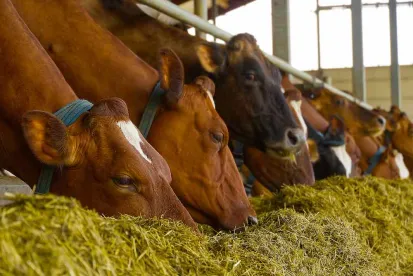On April 25, 2023, the Council of the European Union (EU) announced that it approved the conclusions on the opportunities of the bioeconomy in light of current challenges, with special emphasis on rural areas. Using biomass to produce food, materials, and energy can help boost rural communities, increase competitiveness, and combat many of the challenges facing the EU. According to the press release, in their conclusions, ministers “highlighted the key role that the bioeconomy could play in achieving the environmental and climate goals under the European Green Deal, while also making the EU more competitive, helping it transition away from fossil-fuel dependency, and strengthening food security in the wake of Russia’s war of aggression against Ukraine.” The ministers also stressed the importance of promoting research and innovation and improving alignment between scientific advances and industry policy. The press release states that the conclusions will provide political guidance for the European Commission (EC) and EU member states on developing the potential of the bioeconomy in Europe.
While the Council of the EU welcomed the EC’s progress report on the implementation of the EU Bioeconomy Strategy, ministers put forward a number of recommendations intended to help boost the potential of the bioeconomy in Europe. In particular, they called on the EC to:
-
Better integrate bioeconomy into all policies and ensure policy coherence;
-
Facilitate knowledge transfer toward less developed regions and rural areas; and
-
Update the EU Bioeconomy Strategy and associated action plan and carry out an in-depth assessment of actions being taken at the EU level.
Ministers also noted that the bioeconomy was an integral aspect of the reformed Common Agricultural Policy (CAP) and invited the EC to follow up on how EU member states had incorporated it into their national strategic plans.



 />i
/>i

